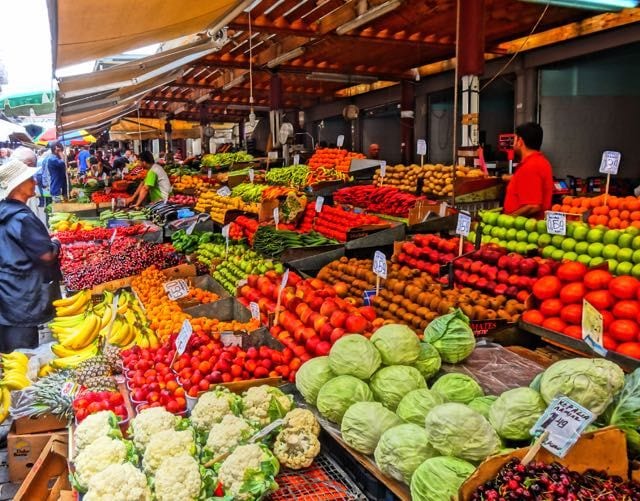
The laiki agora, or outdoor neighbourhood market, is a wonderful adventure to explore any time of year. Street-long rows of farmers' stands overflow with fruit and vegetables in every colour, shape, and texture, from all around Greece. There’s something about autumnal and winter produce, however, that feeds me with a particular sense of comfort; perhaps because the weather has turned cooler and I’m suddenly craving soothing, warming foods. And then the colours: this season’s fruit and vegetables come in deep shades of orange, red, brown and dark green.
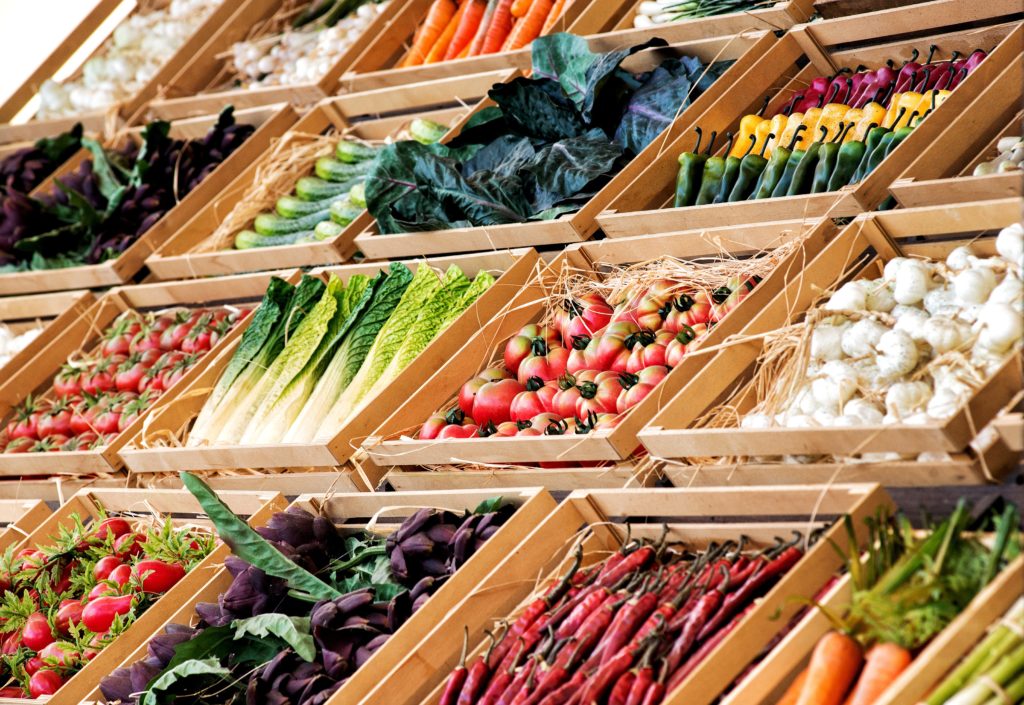
Weekly, I venture to the open-air market, rain, hail, or shine and greet the sellers as they scream about the undeniable appeal of their wares. I stop to look, touch and taste, as there are always offerings of olives, nuts or slices of fruits given as evidence of quality.
For years I have strictly followed the wisdom of old - eating only seasonal products and almost entirely local, for the produce of each season directly correlates with our health needs at that time. Let’s take a look at Greece’s most valuable autumn/winter produce and the multitude of excellent immune system-boosting health benefits we can receive from them.
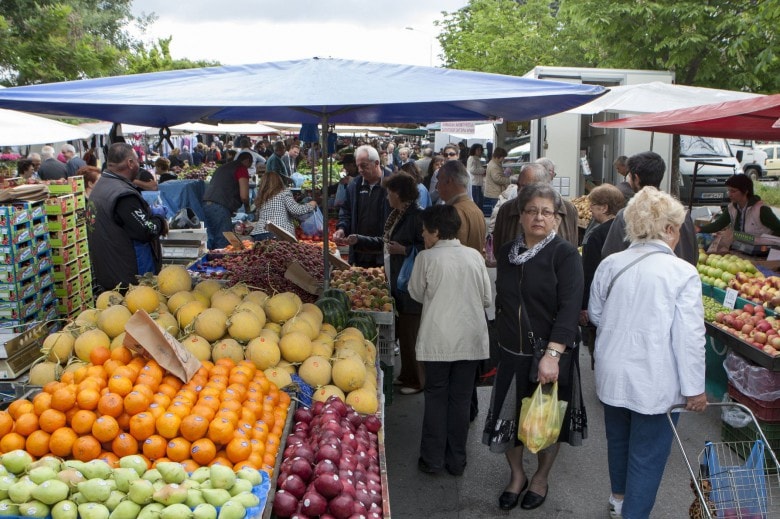
Get fruity!
Kiwis are ideal for preventing colds, helping the body detox and reducing or reversing insomnia; eat two half an hour before bedtime for improved sleep. Vitamin-C rich kiwis contain powerful antioxidants, magnesium and are high in fibre.
Also high in vitamin C (half the daily required amount per fruit) and antioxidants are persimmons. They are said to improve vision, reduce inflammation, protect the heart and boost fibre intake. They’re perfectly enjoyable plain but can also be delicious in salads, as a jam or chutney, and in smoothies.
Citrus fruits like grapefruits, oranges, lemons, and tangerines too have strong antioxidant qualities and high vitamin C and A, iron and are said to help boost the metabolism, lower cholesterol levels, and lower blood pressure.
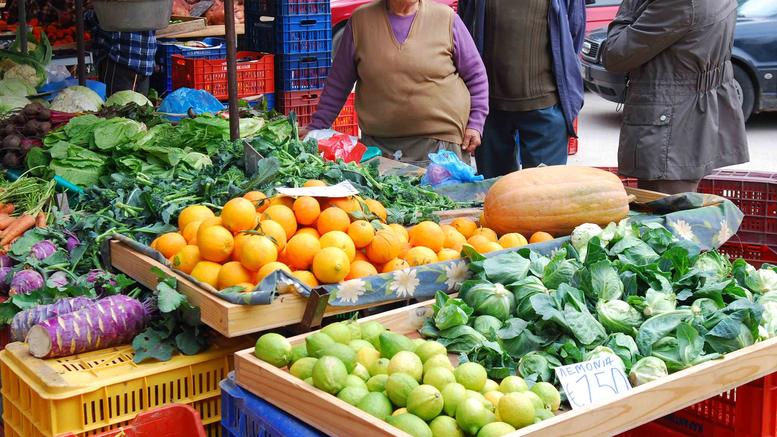
An apple a day keeps the doctor away probably because it contains vitamins K, C and B5 which help the body rid itself of toxins. Eat them in salads, pies and even soups (they’re an ideal addition to pumpkin soup).
Once commonly brought to the bedridden as a gift to speed up recovery because they offer so many amazing benefits, grapes contain 10 of the 16 metals needed for optimum health. They’re also rich in vitamins K & C and are considered to help protect one from cancer, heart disease, memory loss, and poor vision.
Pomegranates, an ancient symbol of abundance with ruby-like seeds are considered a superfood for good reason. High in vitamins A, C and E as well as iron, folic acid, and antioxidants, they make a delicious heart-protective, cholesterol-lowering tonic when juiced and served with a squeeze of lemon.
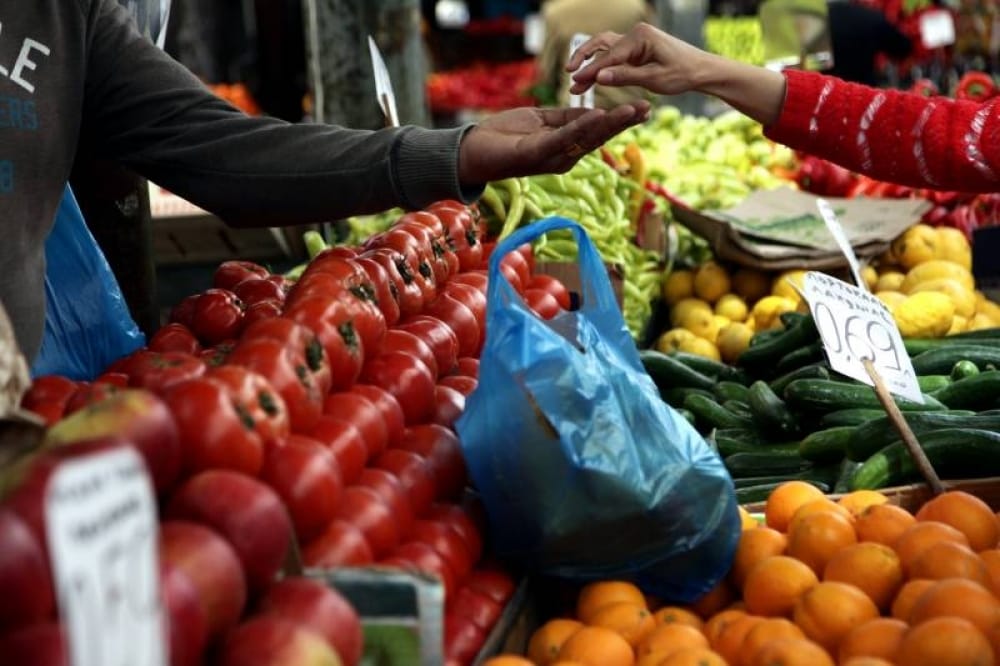
Vive le vegetables!
Although technically a fruit, avocados add a rich, creamy texture to any salad, smoothie or simply slathered on toast. They are especially beneficial to the skin because they boost collagen production and have anti-ageing qualities. They’re also high in protein and are said to protect the heart.
A foodie craze over the last few years because of its neutral flavour and textural versatility that turns it into rice, pizza base and more, cauliflower is rich in B vitamins, which balance the nervous system and boost mental functions, vitamin C and cancer-fighting phytonutrients.
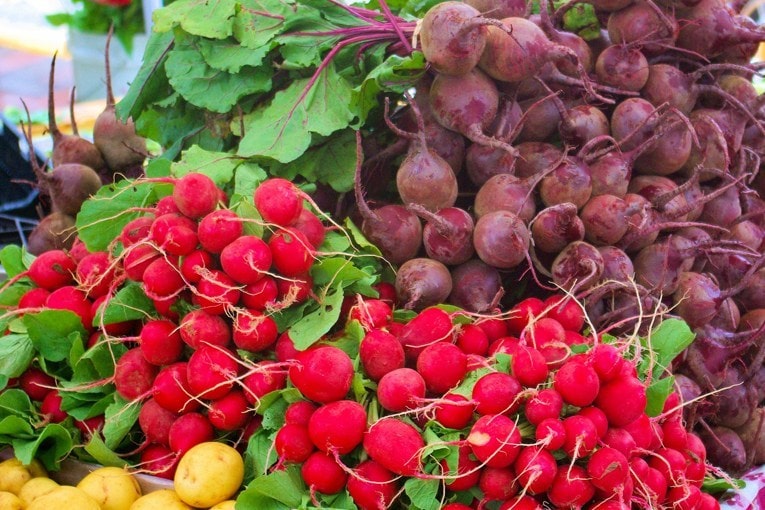
Broccoli may be one of your kid’s least favourite foods but this also cruciferous vegetable has cancer-preventing qualities and can be delicious sautéed with garlic or made into a creamy soup. It’s also high in zinc, vitamins A and C, B-carotene and selenium.
A Greek favourite for accompanying skordalia garlic sauce, beetroots are high in fibre, magnesium (which soothes aches and aids sleep), phosphorus and a lot of B vitamins.
Perfect for spanakopita or salads with the addition of healthy herbs and feta cheese, spinach is, as Popeye knows well, high in iron, as well as calcium, folic acid, phytonutrients, fibre and A, B, C vitamins.
Pumpkins are rich in B1, B3, B5 and B6 vitamins which all help have a better mood, more mental clarity, and calmer nervous system, as well as magnesium, copper, fibre and vitamin A. Baked or cooked on the hob, this veggie is delicious in pasta, risotto, pies or as a soup. Pumpkin seeds are also a very healthy snack that’s high in tryptophan amino acid, which helps create feel-good serotonin in the brain. They also add a delicious crunch to any salad.
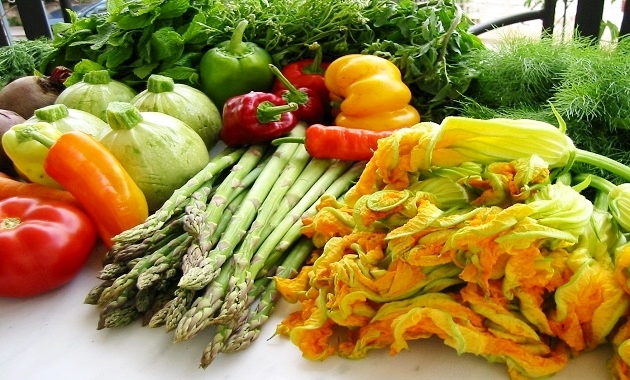
Yummy cut into fat chips, seasoned with salt, pepper and a little olive oil and baked to a crispy texture or added to soups and stews, sweet potatoes are packed with vitamins, minerals and age-retarding beta-carotene antioxidant. Vitamins A, C, B6 as well as iron, manganese, and copper make this vegetable far superior to the common potato.
From the same family as antibacterial and antiviral garlic, onions and spring onions, leeks are high in magnesium, vitamin C, iron, folic acid, and misery-shooing B6. They also raise levels of HDL, the ‘good’ cholesterol, while reducing ‘bad’ cholesterol LDL as they stabilise sugar levels in the blood.
*Featured image by Matt Barrett
